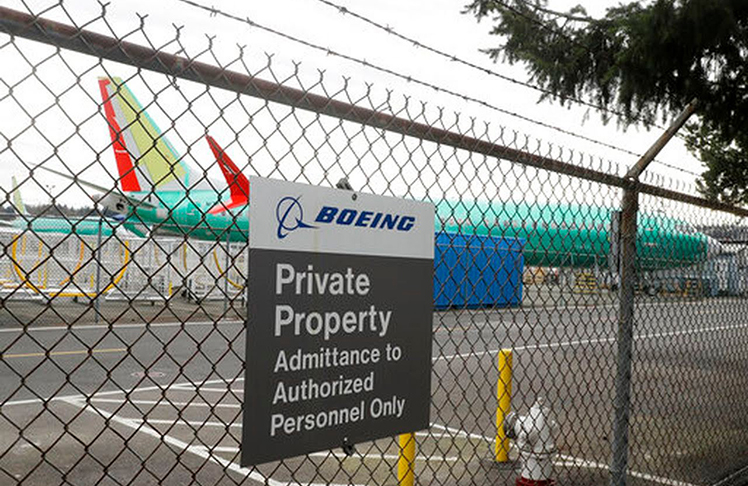
Hexavalent chromium compounds are man-made and widely used in many different industries. In 2016, Boeing’s Portland plant told the EPA that it had released 1,954 pounds of chromium compounds into the air which is an 1,000% increase from the year before, when it emitted 164 pounds. In 2017, that amount soared to 5,556 pounds, where it hovered for the next two years. Because the factory makes planes, the EPA assumed that a fifth of the total chromium releases were hexavalent.
Skin exposure can occur during direct handling of hexavalent chromium-containing solutions, coatings, and cements. Chromium compounds, such as hexavalent chromium, are widely used in electroplating, stainless steel production, leather tanning, textile manufacturing, and wood preservation. The U.S. is one of the world’s leading producers of chromium compounds. In Boeings 2004 newsletter, they acknowledged that “it would be most desirable to eliminate the offending agent” altogether.
J.R. Giska, an air-quality engineer at the Oregon Department of Environmental Quality, stated that the state agency does not typically consult the federal database, since it has historically “found discrepancies in TRI reporting.” Unlike the EPA, Oregon’s regulators require each facility to disclose in detail the underlying calculations it used to determine its emissions, and state officials rigorously check this work. The DEQ requests and reviews data from companies, Giska said, “at a level that the TRI reporting does not even come close to.” Giska and his colleagues provided extensive documentation to support Boeing’s lower chromium figures
After the research team did extensive research, they found that in 2016, the company started to account for all of the chromate-containing materials it had purchased while neglecting to account for the fact that most of those materials had been used on its planes or captured by its pollution-controlling equipment. A spokesperson confirmed to the independent researchers, “Your reporting highlighted for us that we actually over-reported chromium emissions above what the site is emitting,” the statement said. “We will be submitting amended reports.”















